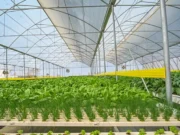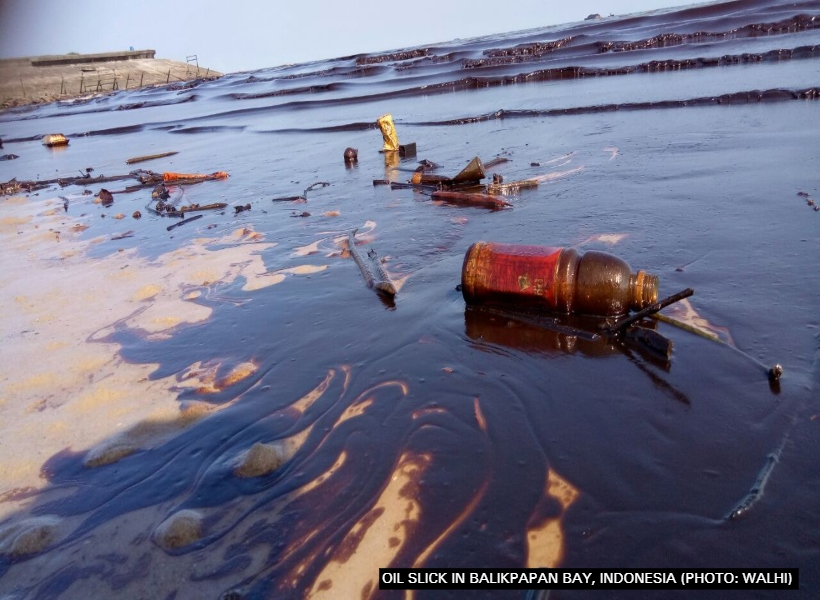Vice President, Dr. Bharrat Jagdeo announced on Thursday that his government plans to introduce legislation specifically targeting oil spills. He also indicated that regulations are being crafted to complement the Petroleum Activities Law. This move he said, underscores the government’s proactive approach to fortifying the regulatory framework for the petroleum sector, particularly concerning environmental protection and emergency response protocols.
Dr. Jagdeo articulated during a press conference at Freedom House cited the imperative nature of instituting measures to address spillage incidents, especially those occurring during the transportation of petroleum products. He stated, “So we are working on legislation for oil spills that we hope will go to the parliament before the recess.”
The proposed legislation aims to delineate clear responsibilities and liabilities in the event of an oil spill, both on the part of governmental entities and the companies accountable for the spillage. Dr. Jagdeo emphasized the necessity of establishing a comprehensive framework encompassing immediate response mechanisms and avenues for resolution, including the equitable determination of compensation. He stated, “We will determine responsibilities both on the state side and from the parties causing the spill. We will determine liabilities in the Act, and who would be liable for what.”
Furthermore, Dr. Jagdeo shed light on existing regulatory gaps, particularly concerning spills involving vessels not directly affiliated with major oil corporations. He articulated the need for robust enforcement mechanisms to hold accountable those responsible for such incidents, stressing the importance of international benchmarks in shaping the proposed legislation.
“There is currently a gap now because if a vessel were to have a blowout or one of these big vessels transporting oil and gas, they may not be associated with Exxon, this is a company that (Exxon) may hire (to transport the oil). So who is liable in that instance? And how do we enforce their liability? All of these are questions that we would look at in the legislation,” he noted.
Drawing from international examples, Dr. Jagdeo referenced the Exxon Valdez spill in the United States (U.S). The Exxon Valdez spill was one of the largest oil spills in U.S history, occurring on March 24, 1989, when the Exxon Valdez oil tanker ran aground on Bligh Reef in Prince William Sound, Alaska. Approximately 11 million gallons of crude oil were released into the pristine waters, causing extensive environmental damage to marine life, coastal habitats, and local communities. The spill had far-reaching ecological and economic consequences, leading to significant cleanup efforts, legal battles, and changes in oil transportation regulations.
Subsequent to this Jagdeo said, there was the passing of the Pollution Act which can be used as a model for Guyana. In addition, he emphasized the importance of clear and unambiguous legislation to effectively tackle spill-related emergencies.
Jagdeo indicated that the move to introduce this legislation reflects the government’s commitment to strengthening regulatory frameworks in the petroleum sector and the proposed regulations aim to enhance preparedness, response, and accountability in mitigating the environmental and socio-economic impacts of oil spills during transportation activities.













